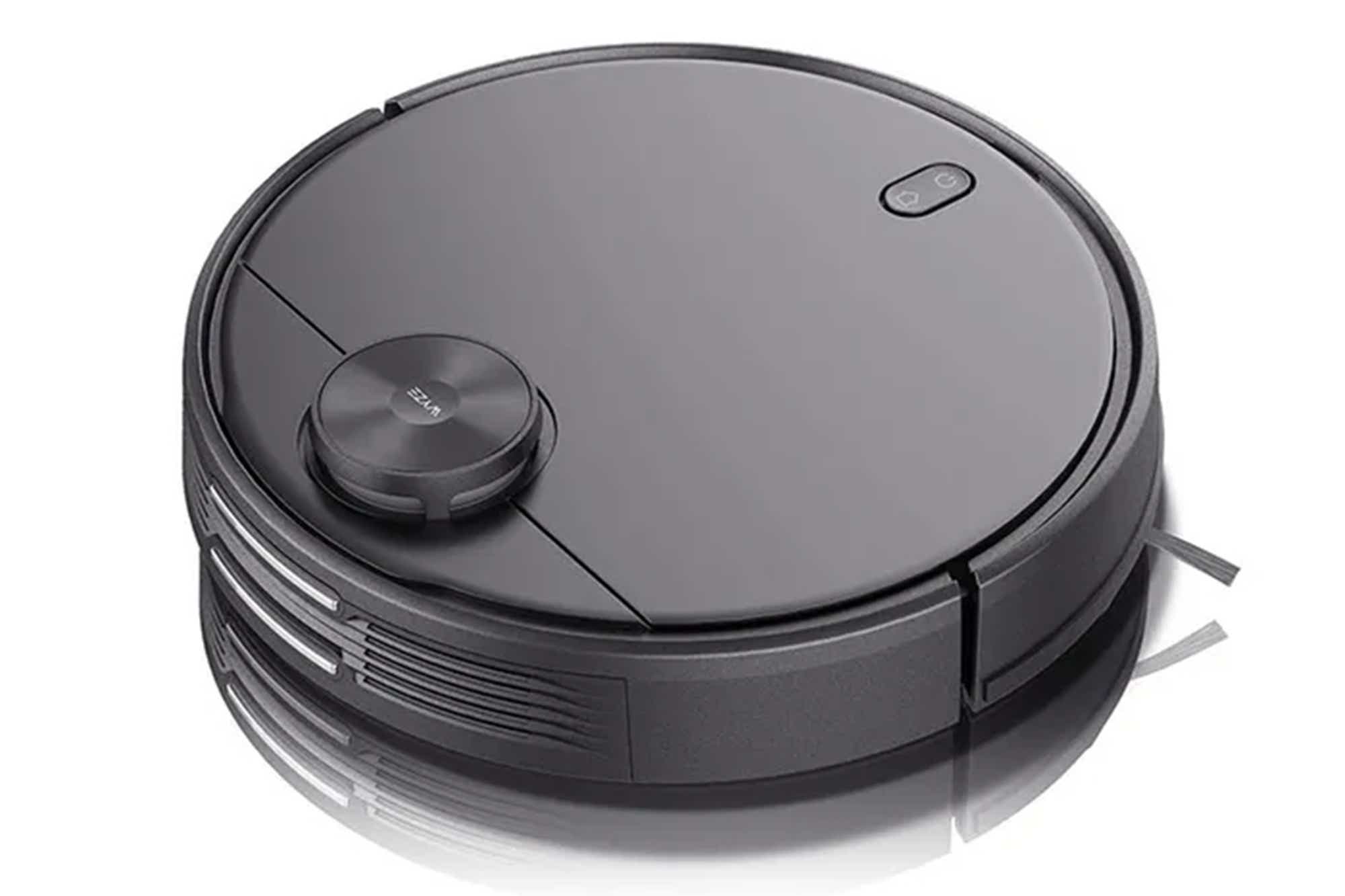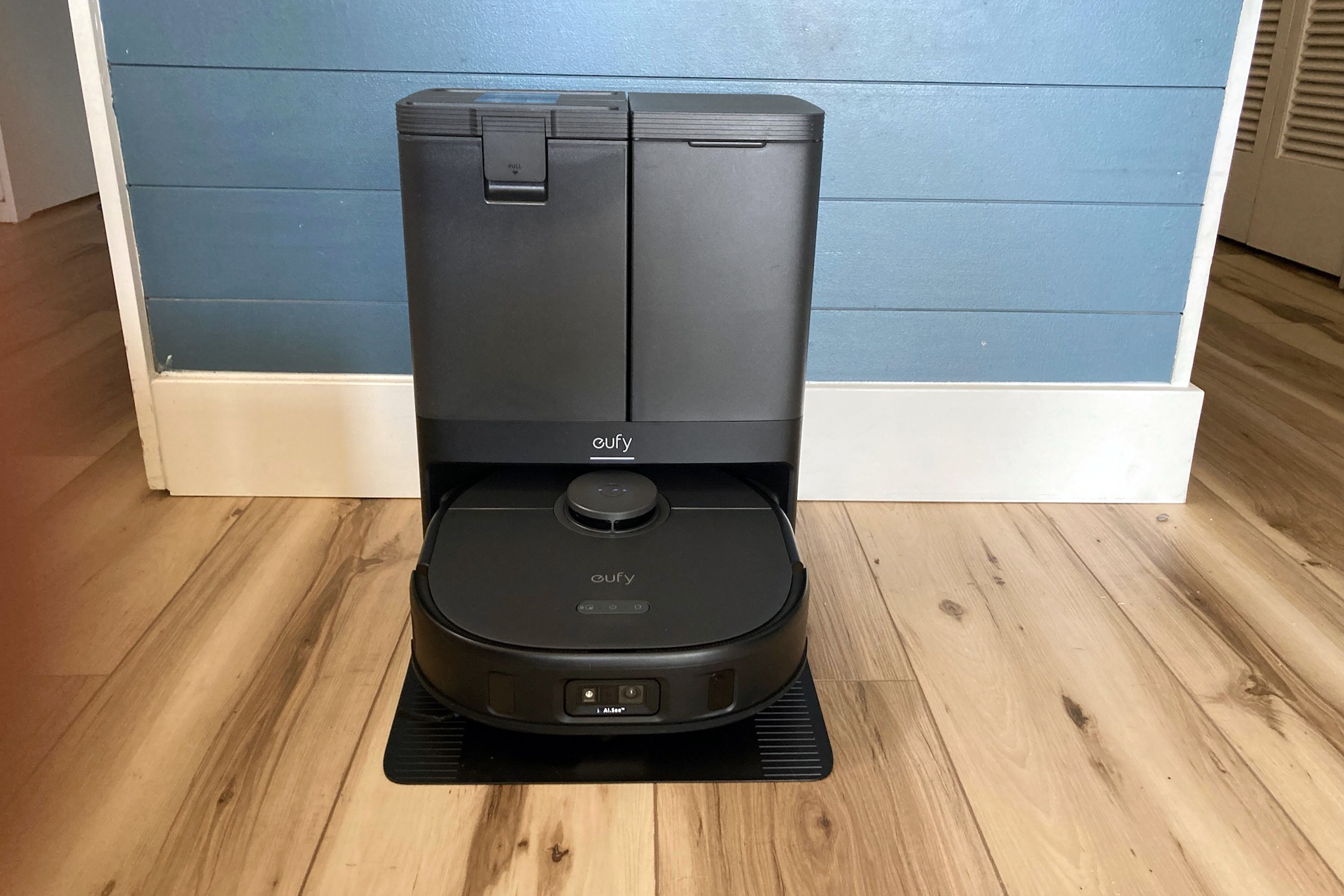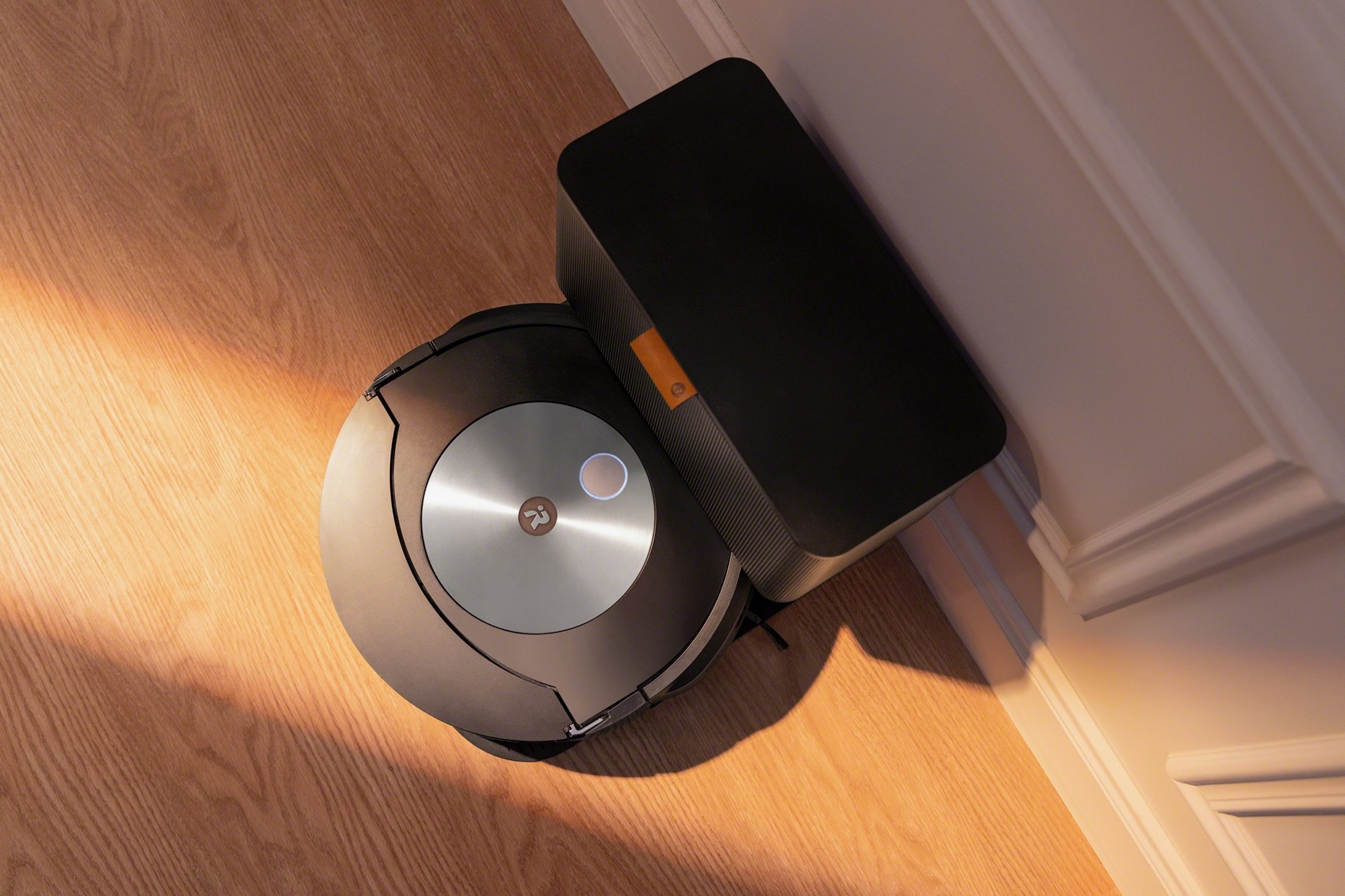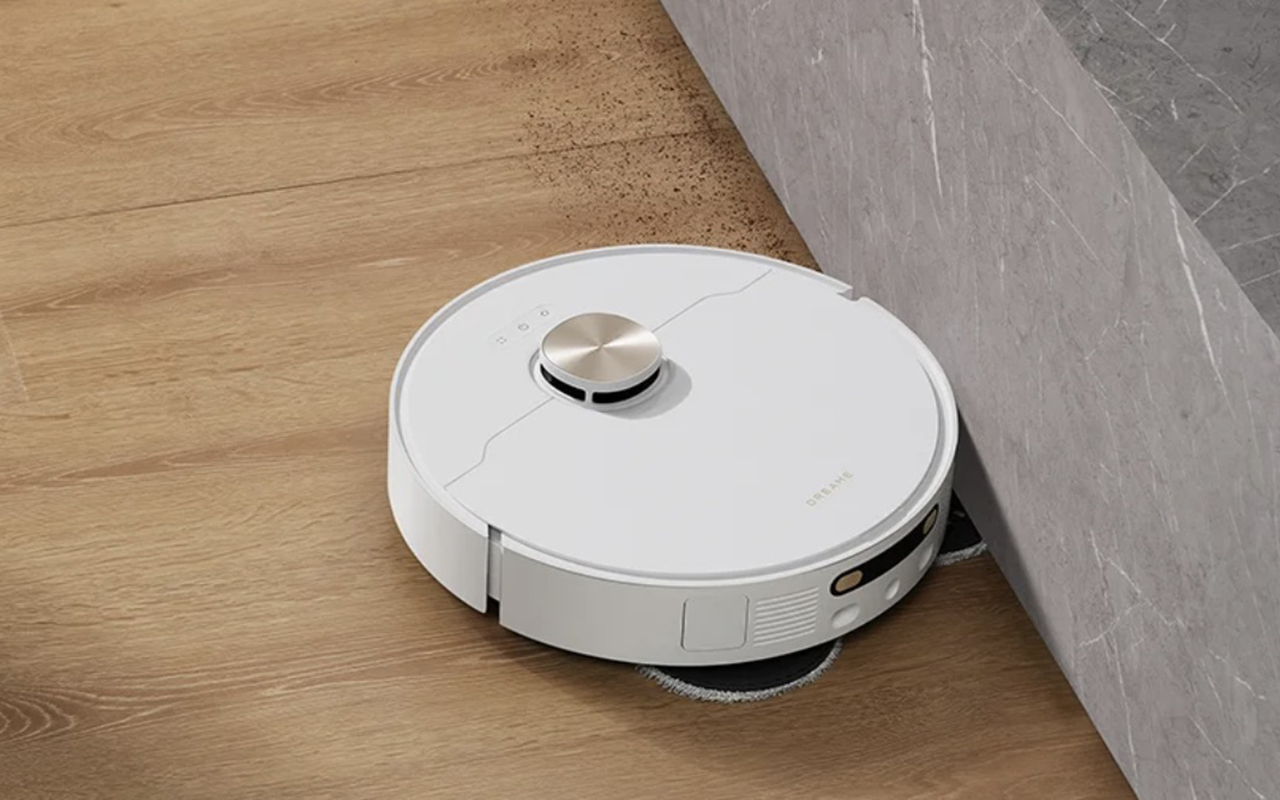8 expert tips for picking the right robot vacuum for your home
Nobody loves vacuuming. That’s why robot vacuums have become the darlings of smart home technology, promising to tackle one of our most tedious household chores.
But with hundreds of models flooding the market, ranging from basic bumper-car cleaners to AI-powered navigators, finding the right one can feel overwhelming.
Here’s how to pick a robot vacuum that actually delivers on its promise of making your life easier. And once you’re ready to decide, browse our favorite robot vacuums and mops of 2024, where you’ll find picks for every budget.
A robot vacuum can be a game-changing addition to your home—if you choose the right one.
1. Start with your spaceYour home’s layout should be your north star when choosing a robot vacuum. A basic model might work fine in a small apartment with an open floor plan. But if you’ve got a larger home with multiple rooms and hallways, you’ll want a vacuum with sophisticated navigation and mapping capabilities.
The best robot vacuums use LiDAR or camera-based systems to create detailed maps of your home. Think of it like giving your vacuum a GPS—it knows exactly where it’s been and where it needs to go. These smarter models clean in efficient patterns rather than bouncing around randomly, which means faster, more thorough cleaning and fewer missed spots.
Wyze Robot Vacuum: Laser navigation on a budget
Pros
- Includes laser mapping and room customization
- Three suction levels
- Budget price
Cons
- Easily gets stuck under low-profile furniture
- No Amazon Alexa or Google Assistant support
- No specialty cleaning modes
Your flooring type can make or break a robot vacuum’s performance. Hard floors are generally easier to clean, but if you have deep carpets, you’ll need a model with extra muscle. Look for vacuums with adjustable suction power that can detect surface changes and boost power automatically when moving onto carpets.
Pet owners, take note: not all robot vacuums excel in handling fur. Models with rubber brush rolls often outperform traditional bristle brushes at grabbing pet hair without tangling. Some even come with special tangle-resistant designs that prevent you from having to regularly cut away wrapped hair from the brush roll—a common hassle with standard vacuums.
Eufy X10 Pro Omni: Great vacuum/mop combo for pet owners
Pros
- Thorough, balanced vacuuming and mopping
- Excellent obstacle avoidance
- Requires little hands-on attention from user
Cons
- Large base station
- Self-cleaning functions are noisy
While basic app control has become standard across most robot vacuums, the sophistication of smart features varies between models.
Basic apps might only offer simple start/stop controls and scheduling. The more advanced models, however, unlock powerful capabilities like room-specific cleaning zones, virtual barriers, and customizable cleaning scenarios. Want your vacuum to run a quick sweep of high-traffic areas twice daily but deep clean the whole house on weekends? The better smart systems can handle these complex routines.
Voice control through Alexa or Google Home can be surprisingly useful too. Being able to say “Hey Google, clean the living room” when you spot a mess is more convenient than you might think.
4. Remember, self-emptying bins make life easierOne of the biggest innovations in recent years is the self-emptying base station. Instead of requiring you to manually empty the dust bin after every cleaning session, these models automatically dump their contents into a larger bin in their charging base. Many can go weeks or even months between empties, making these robot vacuums truly hands-off.
Yes, you’ll pay more for this feature, but if you have a large home, pets, allergies, or just hate dealing with dust, it might be worth the investment.
iRobot Roomba Combo J9+: A sophisticated robot vacuum with a self-emptying bin
Pros
- Retractable mop arm keeps carpets dry
- New Clean Base design blends in with home furnishings
- Recognizes and prioritizes dirtiest areas
Cons
- Companion app’s maps are basic and many controls are buried in sub-menus
- Mop pads must be cleaned manually
- Expensive
Consider the vacuum’s height if you want it to clean under furniture. The slimmer the better—some models can slip under beds and couches with just 3 inches of clearance.
Noise level matters too, especially if you work from home or plan to run your vacuum at night. The quietest models hover around 50-55 decibels (about as loud as a conversation), while others can sound more like traditional vacuum cleaners.
Battery life deserves attention if you have a larger space. Most robots can clean for 60-90 minutes before needing a recharge, but some premium models push past two hours. Better yet, many will automatically recharge and resume cleaning where they left off, which is essential for larger homes.
6. Don’t forget warranty and support optionsBefore making your final decision, take a look at warranty coverage and customer support options.
Most robot vacuums come with a one-year limited warranty covering manufacturing defects. Some manufacturers allow you to purchase extended warranties. Keep in mind that consumable parts like brushes, filters, and batteries typically aren’t covered under warranty, as they’re expected to wear out with normal use.
Customer support quality varies widely between brands. Look for companies that offer multiple support channels (phone, email, chat) and check online reviews specifically mentioning warranty claims and repairs. Some manufacturers maintain active user communities and detailed online resources, which can be invaluable for troubleshooting issues or getting the most from your device.
Support response times and quality of help can make a big difference when you’re trying to get your robot vacuum back up and running.
7. Making the smart choiceStart by setting your budget. Basic models start around $200, mid-range options with mapping and smart features run $400-600, and premium models with all the bells and whistles can stretch past $1,000. But don’t just buy the most expensive model you can afford. Instead, match the features to your specific needs.
Have pets? Prioritize strong suction and specialized brushes. Live in a larger home? Focus on navigation capabilities and battery life. Work from home? Look for quieter models with scheduling features.
Dreame X40 Ultra: A hands-off vacuuming and mopping experience
Pros
- Excellent vacuuming and mopping performance
- Empties its dustbin and sanitizes its mops
- Accurately detects and avoids obstacles
Cons
- Mop heads tend to get stuck on carpet edges
- Expensive
A robot vacuum can be a game-changing addition to your home—if you choose the right one. Take time to evaluate your needs and match them to the features that matter most. The best robot vacuum isn’t necessarily the most expensive or feature-packed model, but the one that fits seamlessly into your home and lifestyle.
Remember: even the most advanced robot vacuum won’t completely replace your traditional vacuum (especially for stairs and detailed cleaning), but it can dramatically reduce how often you need to pull out the big gun. And that’s the true test of any smart home device—not whether it’s perfect, but whether it makes your home life noticeably easier.
